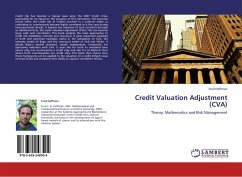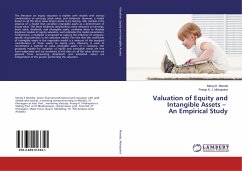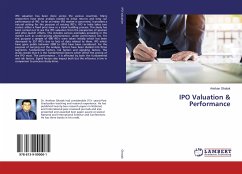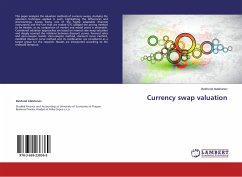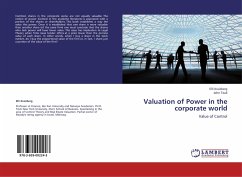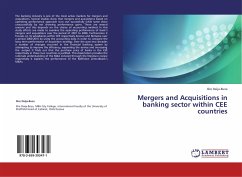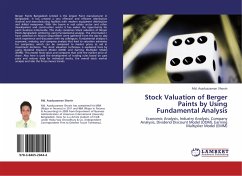Credit risk has become a topical issue since the 2007 Credit Crisis, particularly for its impact on the valuation of OTC derivatives. This becomes critical when the credit risk of entities involved in a contract either as underlying or counterparty become highly correlated as is the case during macroeconomic shocks. It impacts the valuation of such contracts through an additional term, the credit valuation adjustment (CVA). This can become large with such correlation. This book outlines the main approaches to credit risk modelling, intensity and structural. It gives important examples of both and particular examples useful in the calculation of CVA, the intensity model of Brigo and the structural model of Hull and White. It details Brigo s market standard, model independent, framework for derivatives valuation with CVA. It does this for both its unilateral form where only one counterparty is credit risky and also for its bilateral form where both counterparties are credit risky. This book then shows how these frameworks can be applied to the valuation of a credit default swap contract (CDS) and compares their ability to capture correlation effects.
Bitte wählen Sie Ihr Anliegen aus.
Rechnungen
Retourenschein anfordern
Bestellstatus
Storno

